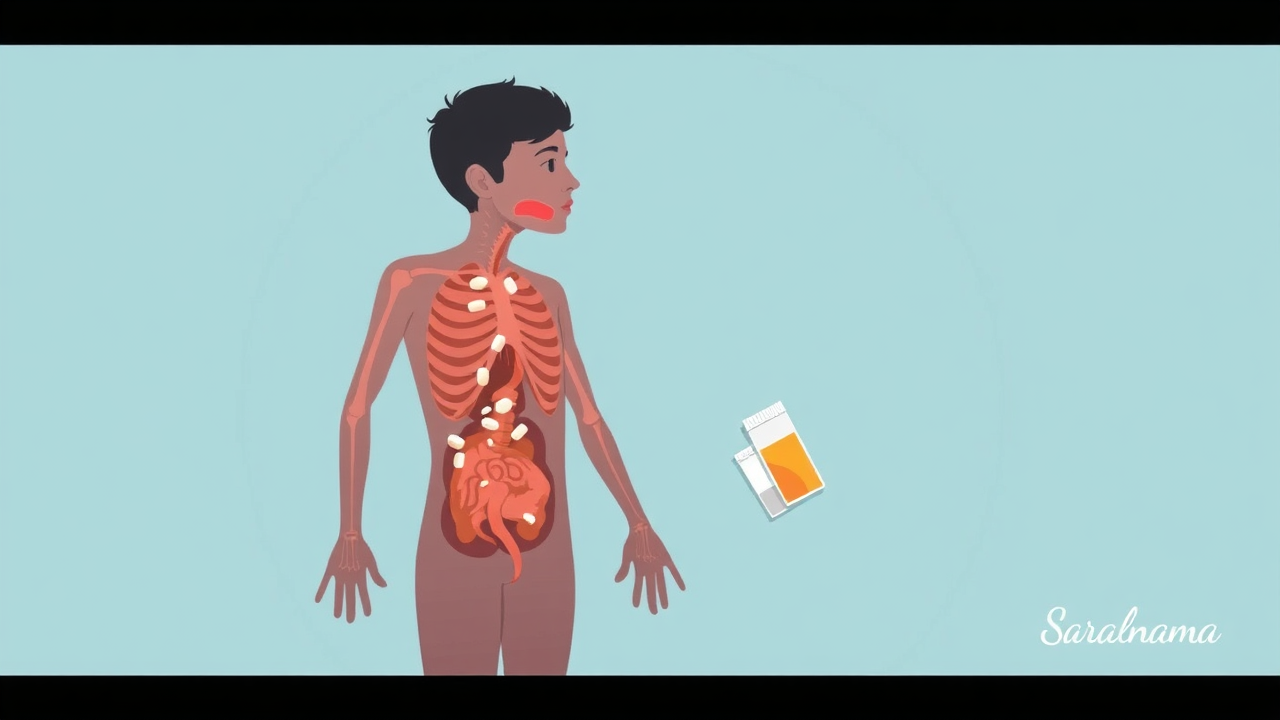India has approximately 25.5 million (2.55 crore) reported tuberculosis patients as of 2025, according to the National Tuberculosis Elimination Programme and the Ministry of Health and Family Welfare. Tuberculosis is an infectious disease caused by the bacteria Mycobacterium tuberculosis. It primarily affects the lungs but can spread to other body parts like the kidneys, spine, and brain. Lung-related symptoms include coughing, chest pain, and blood in sputum, while infections beyond the lungs may cause back pain, joint problems, or meningitis. Treatment typically involves a combination of antibiotics for six to nine months. Taking medicines on time and completing the full course is crucial. Skipping doses allows bacteria to survive and develop resistance, leading to drug-resistant TB. This version is harder to treat, requires stronger medicines with more side effects, and can prolong treatment for years. Proper adherence, rest, and a nutritious diet are essential for recovery.

Consequences of Missing TB Medication Doses
When tuberculosis medicines are not taken regularly or the full course is incomplete, bacteria survive and become resistant to standard drugs, causing drug-resistant TB. This condition is much harder and longer to treat, often requiring stronger medicines with increased side effects. The infection may return, making the person sick again and contagious to others. Lungs suffer more damage, and recovery slows down. In severe cases, medicines need to be given intravenously, with some patients requiring treatment for up to three years. Incomplete therapy can lead to relapse, severe disease, and even life-threatening complications. The first two months of treatment kill most germs, while remaining months clear the rest and prevent recurrence.
Source: Link
